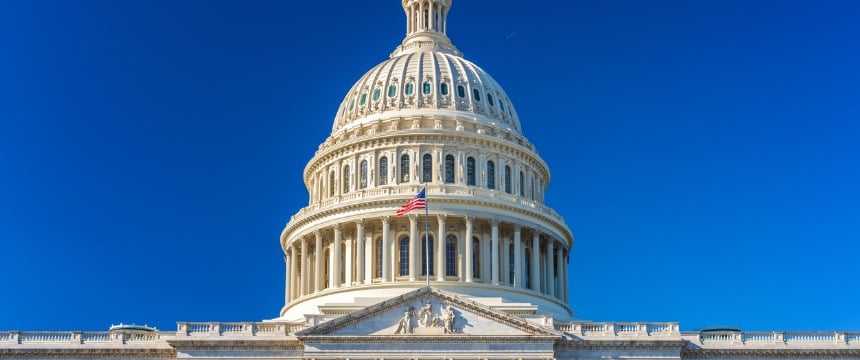

As we have previously discussed, last spring’s Families First Coronavirus Response Act (FFCRA) was designed to provide temporary paid leave benefits due to COVID-19 for employees of U.S. employers with fewer than 500 employees. The FFCRA leave benefits expired under the original statute on December 31, 2020. However, under the Consolidated Appropriations Act signed by President Trump on December 27, the employer payroll tax credit for paid sick and family leave under FFCRA was extended through March 31, 2021. The DOL issued guidance for employers on December 31, 2020.
The new DOL guidance informs employers that they are not required to provide Families First Coronavirus Response Act (FFCRA) leave after Dec. 31, 2020, but may do so voluntarily. The relief package does not change the total amount of leave available (from the effective date of the FFCRA now through March 31, 2021), the qualifying reasons for which employees may take leave, the caps on the amount of pay employees are entitled to receive, or the FFCRA’s documentation requirements . It merely permits employers (under 500 employees) to choose to provide such leave to eligible employees and seek a payroll tax credit for any such leave provided. This extension does not create a new bucket of leave time and therefore only applies to those employees who did not previously use their available leave under the FFCRA in 2020.
Again, employers are not obligated to provide the leave, but if they choose to provide paid leave through March 31, 2021, they can take payroll tax credits. Questions about the tax credits can be found on the IRS website: http://www.irs.gov/coronavirus/new-employer-tax-credits. It is important to note the IRS has not yet updated this site since the extension of the tax credits.
The DOL also updated its FAQs about the FFCRA to inform employers and employees that the DOL will enforce the FFCRA for complaints made within the appropriate statute of limitations (two years from the date of the alleged violation (and three years if the violation was willful).